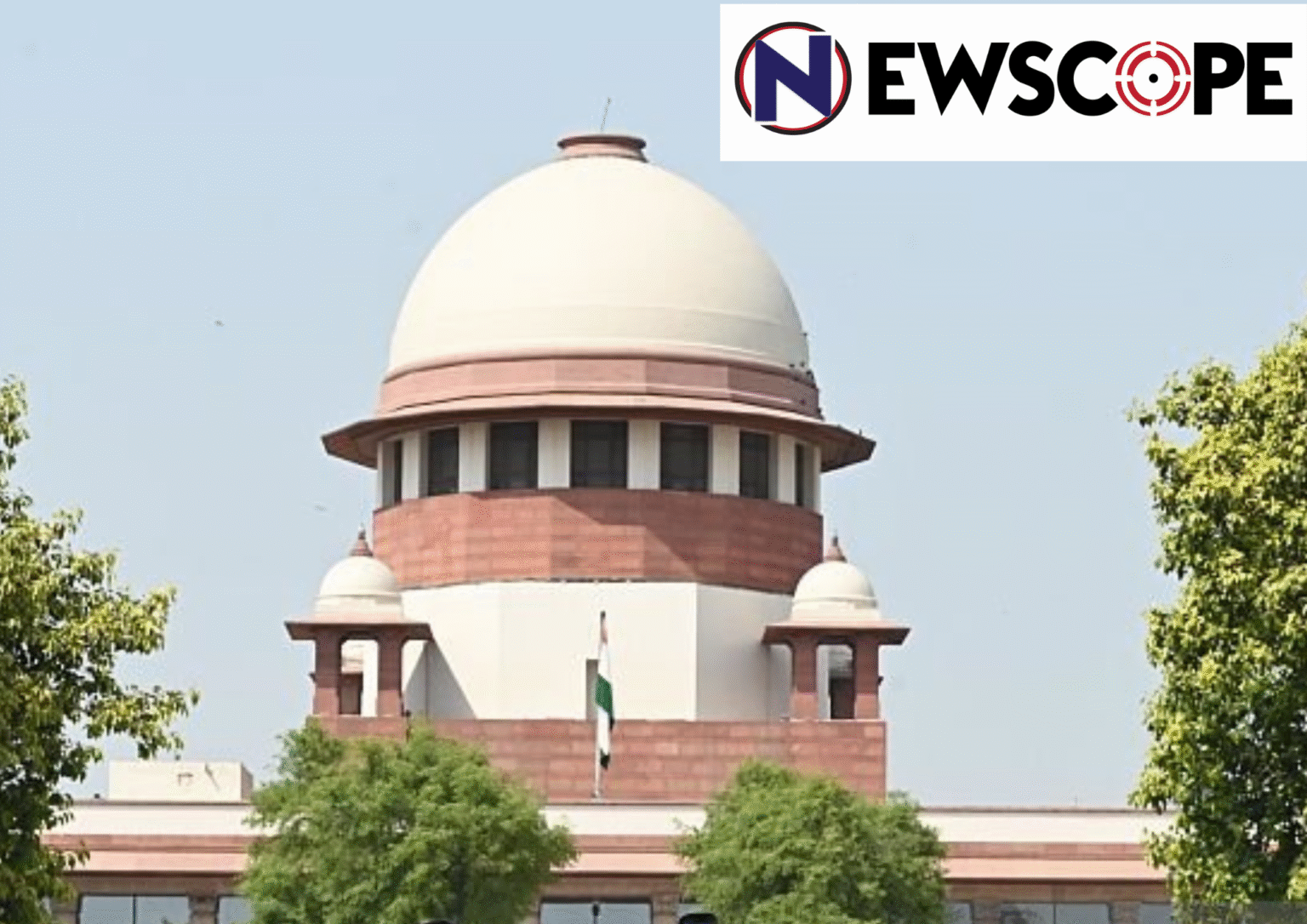The Supreme Court on Thursday (May 22, 2025) said a requirement to mandatorily register waqfs dated back to 1923, and did not start with the Waqf (Amendment) Act of 2025.
Chief Justice of India B.R. Gavai, heading a Bench comprising Justice A.G. Masih, asked why waqfs across the country, including waqfs by user, had not bothered to register themselves all these years.
The Centre had argued that registration had been made mandatory with the pre-Independence Mussalman Wakf Act of 1923. Post-Independence, the 1954 Waqf Act had retained the provision for mandatory registration of waqfs. The Waqf Enquiry Committee had noted the “persistent issue” of unregistered waqfs and recommended stricter measures. Even the Waqf Act of 1995 had reiterated the mandatory registration policy, including for waqf by user. Section 4 had empowered State governments to conduct a “comprehensive survey” of waqf properties to identify unregistered ones.
‘States’ failure’
Senior advocate Kapil Sibal, leading the rejoinder for the petitioners, said the lack of registration till 2025 was due to the failure of the State governments to do their job.
“Now the community is going to be punished for the failure of the State governments? The onus was on the States to conduct a survey of waqf properties since 1954. So far only one State has completed the survey. Whose fault is this? So, will the community be deprived because State governments did not do their jobs?” Mr. Sibal asked the court.
“Now the community is going to be punished for the failure of the State governments? The onus was on the States to conduct a survey of waqf properties since 1954. So far only one State has completed the survey. Whose fault is this? So, will the community be deprived because State governments did not do their jobs?” Mr. Sibal asked the court.
‘Essential Islamic concept’
He noted that, though the previous Waqf Acts had made registration mandatory, they had also statutorily recognised waqfs by user, which constitute roughly half of the more than eight lakh waqfs in the country.
“The government’s argument that ‘waqf by user’ was created by legislative policy and can be taken away by legislative policy is wrong. The law cannot act like the Lord, giving and taking. The law had only recognised an essential Islamic concept like ‘waqf by user’. The law did not create ‘waqf by user’, it only recognised this concept in Islam,” senior advocate A.M. Singhvi argued.
The petitioners have argued that the 2025 Act will deprive unregistered waqfs of their status, including centuries-old waqfs by user such as mosques and burial grounds.
‘One of the five pillars’
Senior advocate Rajeev Dhavan countered the government’s claim that the creation of waqf, an act of charity, was not an essential part of Islam. Solicitor-General Tushar Mehta, for the government, had said charity was a common feature in all religions, but not their essential part.
“Charity is one of the five pillars of Islam. Waqfs are essential, integral, and rooted in Islam. Waqf is an institution close to the heart of the Muslim community. It is interwoven with the entire religious and social life of the Muslims. The argument raised by Mr. Mehta about essentiality was tailored to disentitle us from protection under Article 25 (freedom to practice religion) of the Constitution,” Mr. Dhavan submitted.
‘Curtailing rights’
The senior lawyer debunked the government’s contention that the state was only regulating the secular aspects of waqf property administration by including non-Muslims in the waqf boards and the Central Waqf Council.
“The state cannot take away a minority community’s administrative powers over their own religious endowments. Article 26(d) of the Constitution grants every religious denomination the right to administer its property,” Mr. Dhavan pointed out.
Senior advocate Huzefa Ahmadi, also representing petitioners, said the 2025 Act required a person to prove he was a practising Muslim for five years before creating a waqf. “I am the only community required to prove my faith to create a waqf,” he submitted.
Mr. Ahmadi countered the government’s argument that Section 3E of the 2025 Act protected tribal lands from being alienated. “On the other hand, it singles out tribal Muslims to curtail their right to create waqfs,” he argued.



